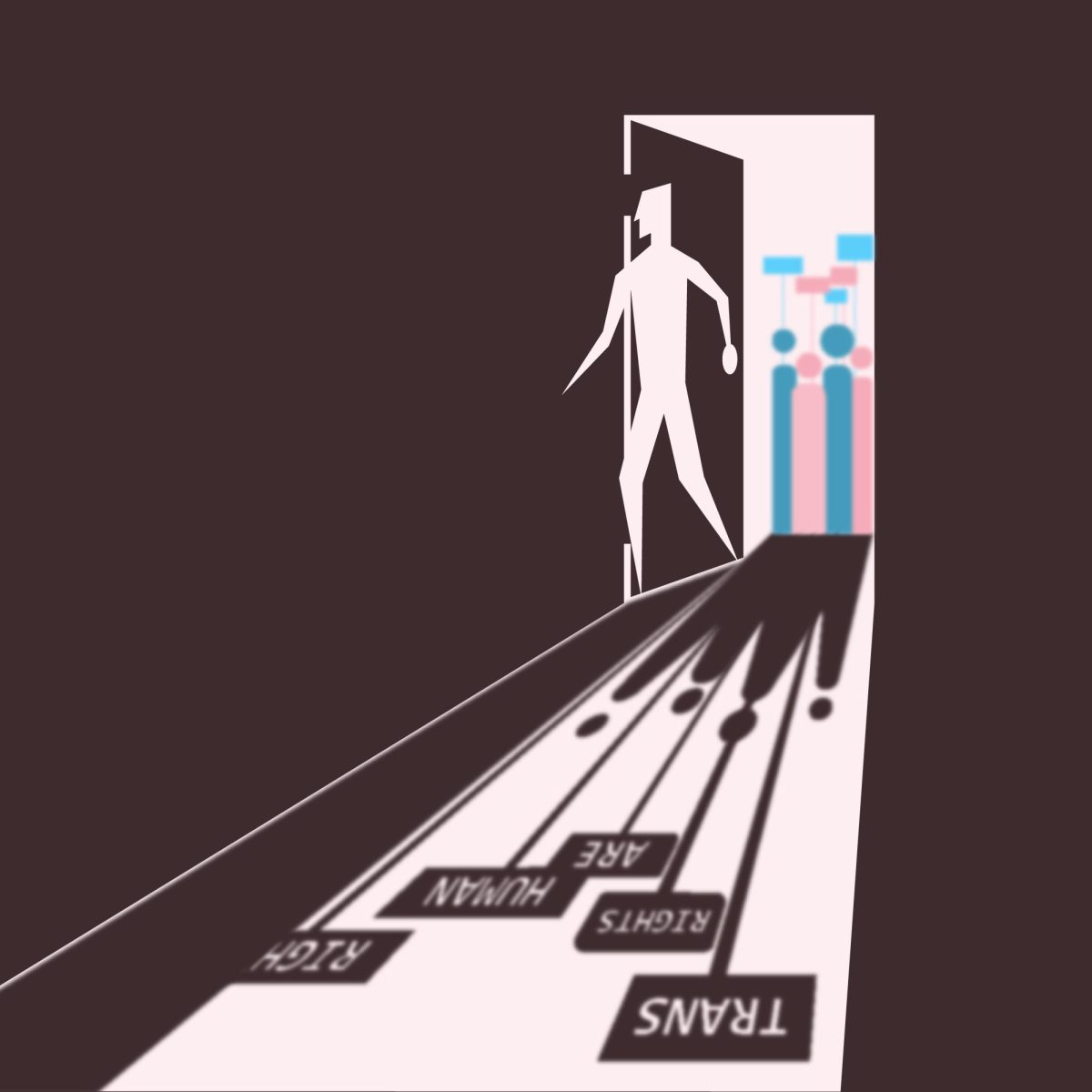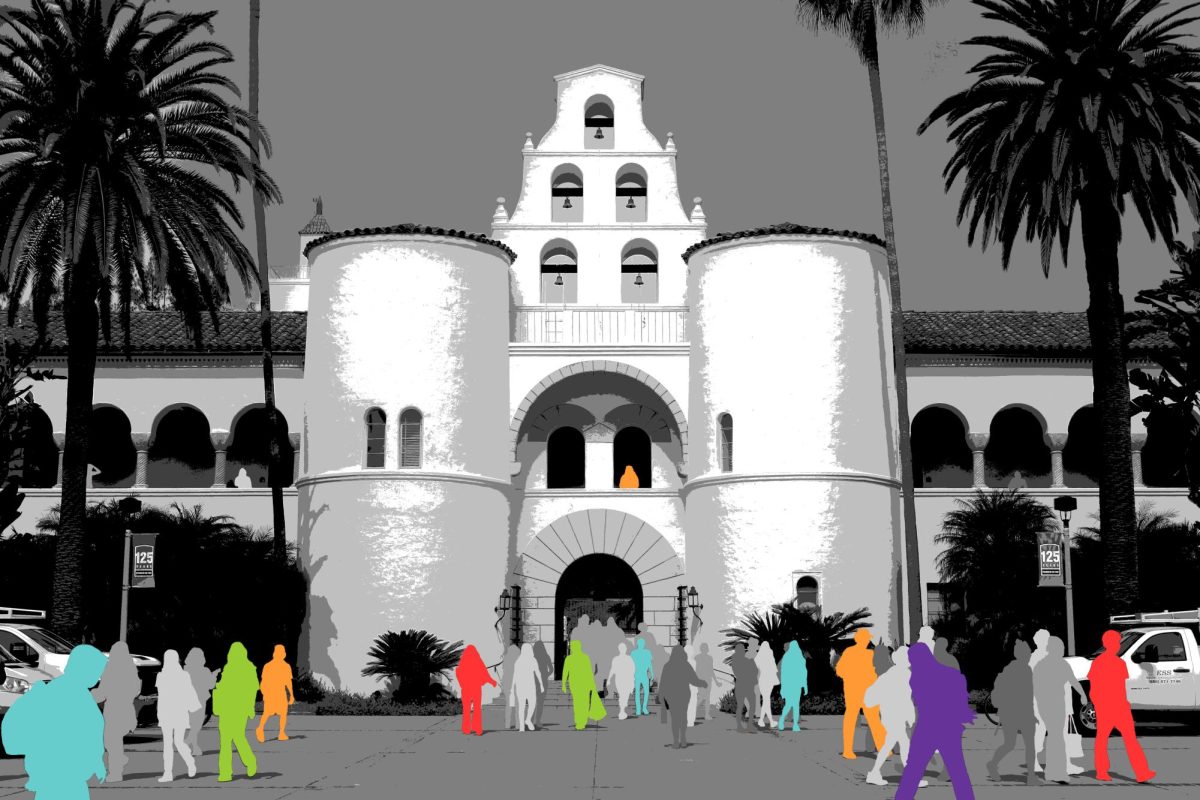Americans fought for life, liberty and the pursuit of happiness. The French died for liberty, equality and brotherhood. Egyptians marched for dignity — the sense of self-respect that every human being deserves, through education, fair employment and political empowerment.
The Egyptian people have risen as one nation with one voice demanding to be heard, loudly proclaiming their vote for democracy. To break from a history of oppression, Egypt will have to reconcile many of its own internal conflicts and defy the national and international interests seeking to crush its budding democracy.
Even now, Egypt’s future is alarmingly uncertain. However, vital clues can be found in its storied past. One of the world’s oldest civilizations, Egypt showcased unmatched determination as it moved mountains and built pyramids for its dead pharaohs — a determination that might equal the arduous task of crafting an effective government. Revolutions are not new to Egypt. In 1952 a military coup deposed the ruling monarchy, birthing the Republic of Egypt. Since then, Egypt has been ruled by four “presidents” who have at times wielded powers that would have made Ramses jealous.
Now deposed president Hosni Mubarak had a relatively popular start, assuming power after the 1981 assassination of his predecessor, Anwar el-Sadat. However, 30 years of rule have slowly changed his relationship with the people. Claims of government corruption are rampant, and Mubarak’s pro-big business ideology has kept one in five Egyptians below the poverty line. The youth — the catalysts of this revolution — have been the largest victims of Mubarak’s mismanagement. They form a third of Egypt’s population and face 25 percent unemployment. Even college students have been hit, and only one in four find a job within five years of graduation.
This blatant disregard for the well-being of the Egyptian people by their own government coupled with an economic system in which there are a few jobs but large corporate profits, is what set the stage for this revolution. All it took was Tunisia’s example proving that civil disobedience could produce democracy in the Arab world.
But the removal of Mubarak is not enough; many more goals have to be met before this revolution can be considered successful. First, a new democracy upholding the ideal of equality and dignity for all must be created. This must include all segments of society, even the much maligned Muslim Brotherhood. As the largest opposition party to Mubarak’s ironically named National Democratic Party, the Brotherhood strongly influences Egypt’s politics. Despite being illegal since 1954, it won 20 percent of the parliamentary seats in 2005. Because of this, many worry a democracy would allow a powerful Brotherhood to turn Egypt into a fundamentalist theocracy much like Iran.
However, the revolution in Egypt has been largely secular, with the Brotherhood playing only a small and delayed role. By all estimates, a democracy would grant the Brotherhood a small plurality that would allow it to continue its relatively conservative social agenda and liberal economic plans. Regardless of the minor roles the Brotherhood and the many other political parties will soon start to play, the most vital litmus test for this revolution will be how the democratic foundations of the new government respond to them. If the new government allows for a free exchange of ideas and governs through consensus rather than force, it will be successful. This will guarantee social and religious freedom for all Egyptians, something even the Brotherhood has promised to do.
An obvious but easily overlooked benchmark that any new legitimate government must meet is the reduction of corruption. A large part of this could be accomplished by the simple division of power that comes with party politics, where everyone is constantly on the lookout for corruption and fraud by members of other parties.
Economically, the revolution must reverse many of the privatization programs Mubarak implemented. Instead of selling the country away, Egyptians must work to rebuild and modernize it themselves. With direct employment of the youth and aid for the poor, the government will spur economic growth for everyone in ways the business tax cuts never did.
During a recent trip to Egypt, I was struck by the number of unfinished buildings littering Cairo’s otherwise beautiful outskirts. These empty homes, many several stories high, were left unfinished many years ago because of poverty and corruption. These depressing brick structures, without windows or roofs, serve as a stark warning to Egyptians of how easy it is to abandon a half finished project.
We can only hope they will rise to this momentous occasion and ensure that their democracy is not left half built.
— Leonardo Castaneda is a business administration freshman.
— The views expressed in this column do not necessarily reflect the opinion of The Daily Aztec.






